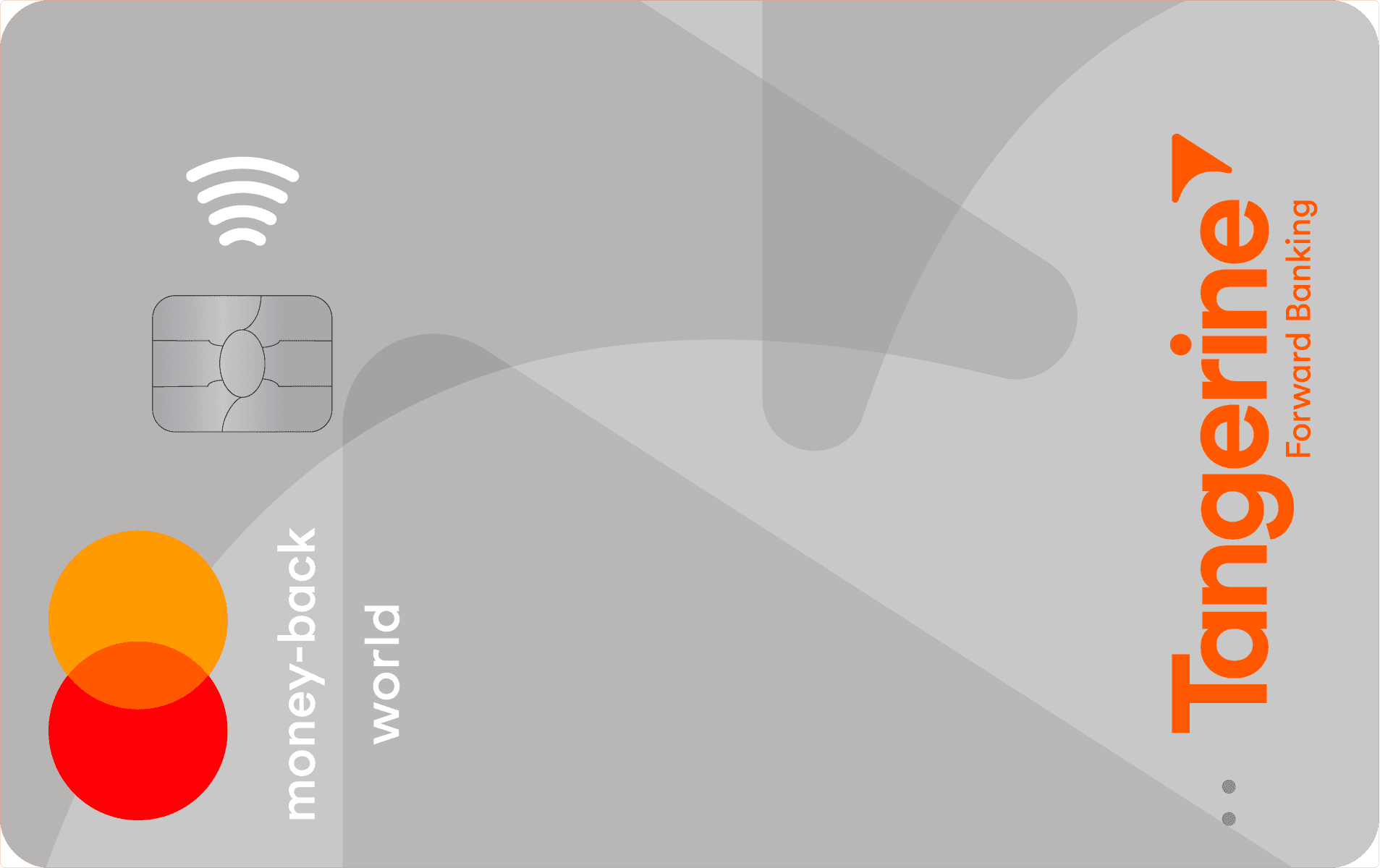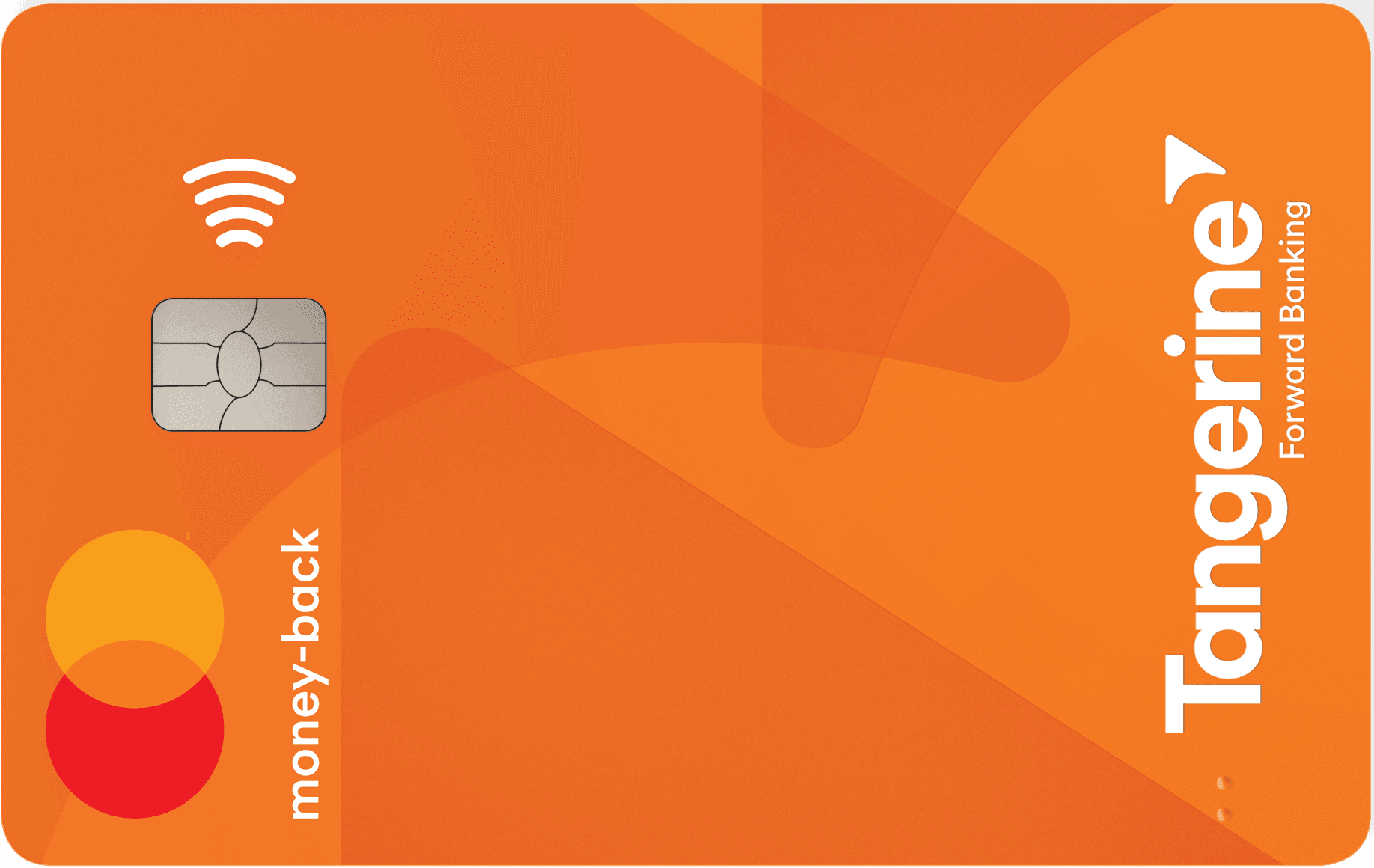Working hard in the background...
Is Paying Your Tuition With a Credit Card a Good Idea in Canada?
Published Jan 8, 2026 12:43 PM • 5 min read
One of the biggest expenses we tend to make in life is tuition, sending schools thousands of dollars in order to be rewarded with a degree, to receive an education.
Sometimes, even the first instalment of tuition can be a bit too steep for your savings. In these cases, you might have considered turning to another financial tool when your bank account doesn’t quite cover the cost: your credit card.
That said, is paying your tuition with a credit card a good idea?
In short, probably not.
Unfortunately, the threat of hidden fees, high interest rates, and credit score deterioration outweighs the potential for high rewards and welcome bonus optimization.
Still not convinced?
Keep reading for a comprehensive breakdown of why, when it comes to your tuition, paying with a credit card should likely never be your first choice.
First, is Paying Tuition With a Credit Card Even Possible in Canada?
Maybe you’ve never even considered paying your tuition with a credit card because you didn’t think it was possible to begin with. That’s a fair assumption for sure.
Some schools actually don’t allow students to cover tuition costs with a credit card, taking this initially savvy spending strategy completely out of the question.
To find out whether or not your school accepts credit cards as a payment method for tuition, it’s best to contact your school’s office of registrar or financial aid services. (I used to work for the registrar office at my school and we used to get these kinds of questions all the time).
If your school does allow you to pay for your tuition with a credit card, there’s still another caveat to consider: your credit card limit.
A credit card limit determines how much credit you’re able to borrow during your card’s billing cycle. If your tuition instalment is higher than your credit limit, the transaction won’t be successful. Alternatively, if your credit limit can support the tuition cost but the expense itself will eat up the majority of your available credit, you might want to explore other options. Generally, it’s recommended that you keep your credit utilization ratio below 30% to maintain a healthy credit score.
Are There Any Benefits to Paying Your Tuition With A Credit Card?
Okay, so let’s say your school allows credit card payments and your credit limit isn’t a concern.
If so, there are indeed a couple of benefits to paying your tuition with a credit card:
Welcome Bonus Optimization
Many cards come with intro offers to incentivize applicants and reward spenders.
If you have a rewards credit card, when you pay for your tuition using said card, you’re likely to meet those high spending requirements buried in welcome bonus offers, collecting a surplus of extra points or cashback in the process.
Typically, cards with high-value intro offers are also cards with annual fees or annual income requirements, so it’s safe to say that any of these options are likely owned by a parent rather than a student. Either way, as a parent, you can pay for your child’s education and pocket enough points or cashback to fund flights home for the holidays, textbooks, or meal plans.
On the flip side of things, a student or parent might think to charge a tuition payment to a low-interest credit card instead, just in case they need to carry the balance. Luckily, there are also tons of low-interest credit cards with promotional periods that offer extremely low to no interest for the first few months of membership. If you can pay off the tuition charge during the promotional time frame, you’ll incur little to no added costs in the process.
If you charged tuition to a rewards credit card instead of a low-interest credit card and you ended up carrying the balance past that first billing cycle, you can always consider transferring your balance to a balance transfer credit card to help you catch up on your credit card debt. Lots of balance transfer credit cards also have low-interest promotional periods to take advantage of.
High Reward Potential
Whether your credit card earns you points or cashback, making large purchases only means better reward optimization (unless your card is subject to lower spending caps).
In theory, if you pay for your tuition using your rewards credit card, you could rack up tons of rewards with a single transaction, collecting a total that would normally take months – or maybe even a year – to accumulate.
If all works out, using this method basically means you're getting paid to pay tuition – but is this too good to be true?
What Are The Downsides to Paying Your Tuition With A Credit Card in Canada?
Even though we highlighted a couple of perks that can come with paying your tuition with a credit card, all of these perks have their potential downsides. If any of these downsides occur after covering your tuition cost, then they can basically devour any earned value in the process, making paying your tuition with a credit card not exactly worth it.
Consider the Sneaky Associated Fees
Sure, we mentioned that paying your tuition with a credit card can lead to high reward accumulation, but it can also lead to convenience fees.
Usually, a good portion of a purchase’s transaction fee is paid for by the merchants who accept credit cards. These payments are cashed in by your credit card company, ultimately funding the imposed rewards program. Your school isn’t the same as the average merchant, and it may not cover transaction fees. As a result, you may be responsible for a “convenience fee”, which can range anywhere from 2 - 4% of the tuition cost charged to your card. This added fee could equate to hundreds of extra dollars, which would likely absorb most if not all of the rewards you collect on the payment.
Account for High Interest on Carried Balances
We talked about carried balances in the benefits section, but they’re worth revisiting.
If you pay your tuition using a credit card and you ultimately carry a balance, you’re essentially setting yourself up for expensive credit card debt. Every month your balance gets carried over, you’ll also incur interest charges on top of the lingering balance that you still owe.
Sure, opting for a balance transfer credit card in this scenario is a solid option, but really only if the balance transfer card has a 0% interest promotional period, that way you’re only focusing on paying off your balance instead of your balance and extra interest rates. For example, the best balance transfer credit card is the MBNA True Line Mastercard, offering a 0% promotional interest period for 12 months. If you can pay off your tuition balance in 12 months, this card could ultimately be the remedy you’re looking for.
Mind the Potential Impact on Your Credit Score
As mentioned, there are a couple of sure ways to diminish your credit score, and when you pay for tuition with a credit card, you can make yourself more susceptible to wounded credit.
First, you’ll want to keep your credit utilization below 30%. This is the recommended percentage because anything higher could start to compromise your creditworthiness. So, remember, it’s best not to pay your tuition with a credit card if the cost will consume a large chunk of your credit limit.
Secondly, building off of that last point, your credit score is also impacted when you carry a balance and accumulate debt. For this reason, you’ll want to ensure that you can cover the cost of your tuition in a timely manner, either within your card’s first billing cycle or during a low-interest card’s promotional period.
Keeping up with a healthy credit score helps you out in the future when you want to apply for loans, mortgages or even other credit cards.
Alternative Ways to Pay for Your Tuition
If using a credit card to pay your tuition is starting to sound like a risky idea, there are certainly some alternatives to consider instead.
Rather than use a credit card, you can also try applying for:
- Financial Aid: If you can’t cover the cost of your tuition on your own, you can always submit an application for either federal financial aid (through programs like the CSFA) or financial aid programs offered directly by your school.
- Student Loans: Programs like the Canada Student Financial Assistance Program (CSFA) as well as other federal or provincial programs (like OSAP in the province of Ontario) also offer student loans that typically feature non-repayment (or grace) periods that give you time to collect enough money for repayment.
- Scholarships and Grants: Federal and provincial financial assistance programs also offer grants, which is money towards your tuition that you don’t need to repay. Alternatively, students can search for scholarship opportunities through the Government of Canada website or other popular sites like Scholarships Canada. Some schools will even offer their own scholarship programs and opportunities for students.
Conclusion
While it may be possible to pay your tuition with a credit card (depending on your school and credit limit), it might not be the best idea.
Sure, you could collect plenty of rewards in the process and fully optimize some credit card welcome offers, but the risks that arise from hidden costs, carried balances or high credit utilization as a result of such a big expense, typically aren’t worth the perks. In fact, the value of these perks could be completely dissolved by fees or high interest rates.
All in all, it might be a better idea to look into alternative methods to help fund your education, like financial aid programs, student loans or scholarship and grant opportunities.
Trending Offers

Tangerine® Money-Back World Mastercard®*

Tangerine Money-Back Mastercard

BMO Performance Chequing Account

Scotiabank Passport® Visa Infinite* Card
About the author

Sara Skodak
Lead Writer
Since graduating from the University of Western Ontario, Sara has built a diverse writing portfolio, covering topics in the travel, business, and wellness sectors. As a self-started freelance content ...
SEE FULL BIOAbout the editor

Kevin Shahnazari
Credit Card Expert
Kevin started FinlyWealth and juggles a bit of everything—digging into data, running our marketing, and keeping the finances on track. Before this, he spent years as a data scientist at tech companies...
SEE FULL BIO